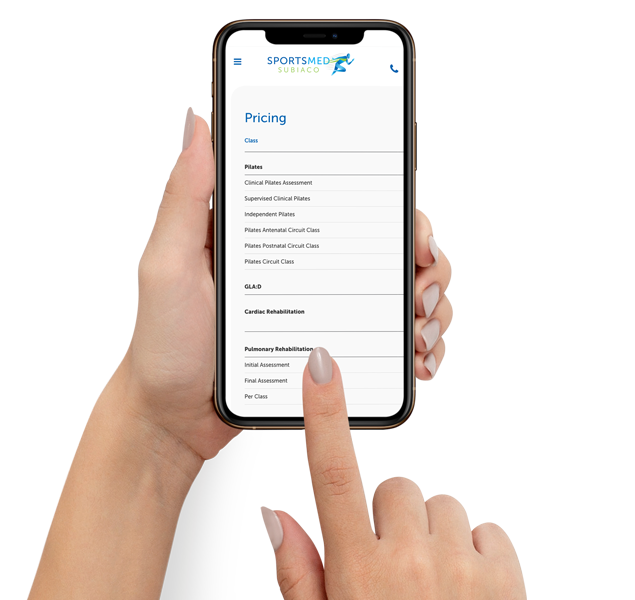Is CPT safe?
CPT is very safe, but some complications may occur and this will be discussed by our Sports & Exercise Medicine (SEM) Physicians prior to organising your CPT appointment. Our SEM Physicians always prefer to see the patient before arranging a time for the test to ensure the test is warranted, that test is performed correctly and the risk of a false negative is reduced. If the diagnosis is confirmed, our doctors will discuss the management options available to alleviate your symptoms and get you back on your feet.



